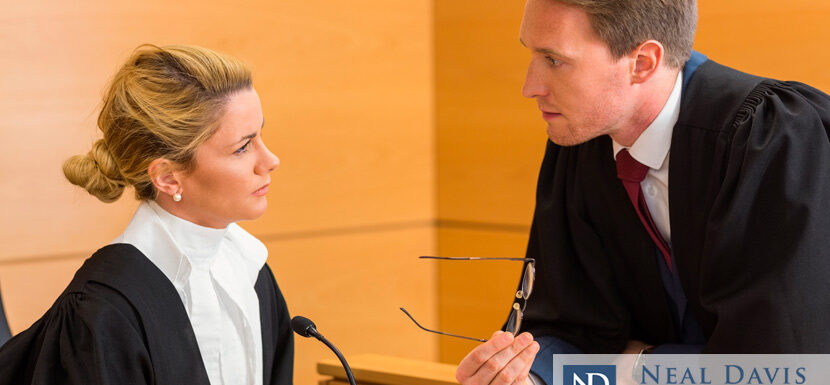
The Houston Police Officers Union is pressing for judges in child porn cases to make defendants “fear” being prosecuted here, while attacking a recent light sentence for a man who pleaded guilty to 8 counts of possessing child porn.
KPRC Click 2 Houston reported that Mark Baldridge, age 51, wasn’t sentenced to any prison time by Judge Randy Roll, who instead made his punishment 180 days (6 months) in jail, 7 years of probation on deferred adjudication, and registering as a sex offender for life. Baldridge also may not live or go within 1,000 feet of places “where children commonly gather.”
The prosecution had asked for prison time, which could have been as much as 10 years for each third degree felony count, for a total of 80 years in prison.
The police union was outraged and said it is “tracking every criminal case in Harris County and their dispositions.”
But should outrage and 80-year prison sentences always be the answer in such cases?
Research shows that only a few percent of persons convicted of possessing child pornography, without having committed a hands-on sexual offense, ever re-offend.
Also, BMC Psychiatry reports that “Consuming child pornography alone is not a risk factor for committing hands-on sex offenses,” and it calls the prognosis for recidivism “favorable,” meaning offenders are not likely to repeat the crime.
Unfortunately, in some cases the punishment for possessing child pornography is as harsh, if not harsher, than if the defendant had committed a sex offense against a child, such as exposing himself to a child for sexual purposes.
In Gamaldi’s case, Judge Roll noted that the man had attended treatment every week for more than a year, had complied with all the rules of his bond, and had a strong support network. Judge Roll also said Gamaldi was at low risk for re-offending.
Even so, Judge Roll said he’d have 0 tolerance for any infractions of Gamaldi’s probation.
Society has a right to protect itself, and child pornography crimes call for such protection. But extremely harsh sentences such as throwing a man in prison for decades do nothing to rehabilitate offenders, who generally aren’t threats to re-offend or to commit any hands-on sex offenses.
Putting pressure on judges to call for much harsher sentences may satisfy the outrage of persons disgusted by child pornography, but such sentences can be disproportionate to the crime and can overlook statistical realities in terms of the chance of re-offending, along with the need for treatment and rehabilitation of offenders.
Importance of ‘judicial discretion’ in federal child porn cases
Federal judges often exercise “judicial discretion” in giving lesser punishments than federal laws might prescribe in child porn cases. They often do this because federal sentencing guidelines — fed by public hysteria toward the offenses — are so extreme.
Even the former head of the Harris County District Attorney’s Child Exploitation and Cyber Crimes Division, Eric Devlin, said there were child porn cases “where I understood why the judge gave it” (deferred adjudication, or probation, instead of prison time).
The vital role of experienced defense attorneys
A child porn defense lawyer must be aware of the pressures on judges to “do the right thing” by handing out harsh punishments when the case instead should call for treatment and rehabilitation, especially when there is a very low risk for acting out or recidivism.
While society must be protected against sexual predators, individuals also must be protected from unjust punishments.

